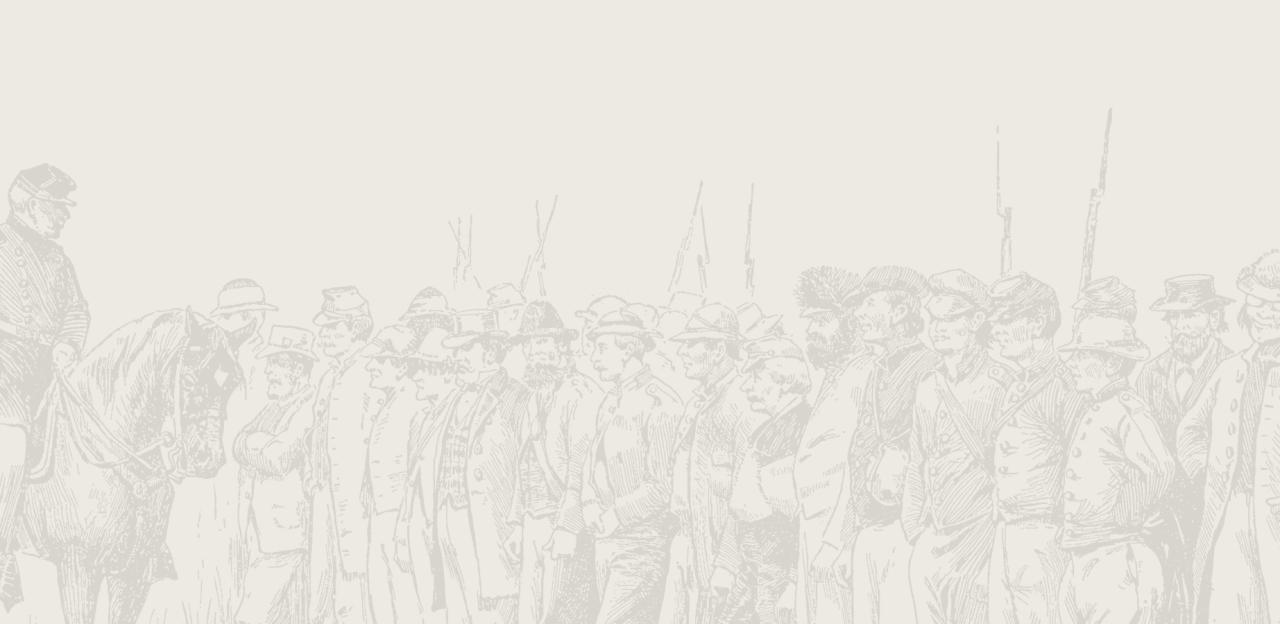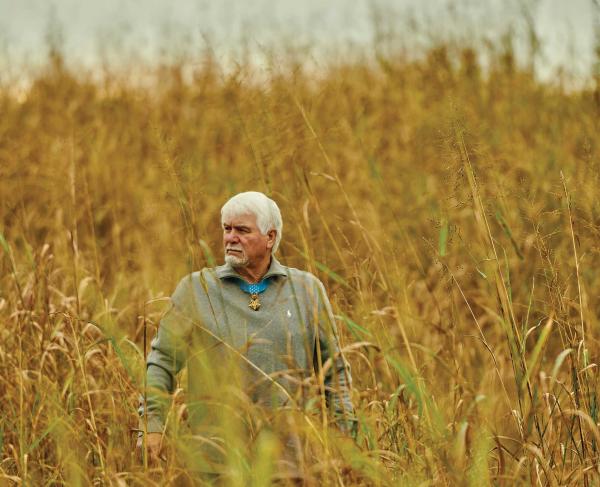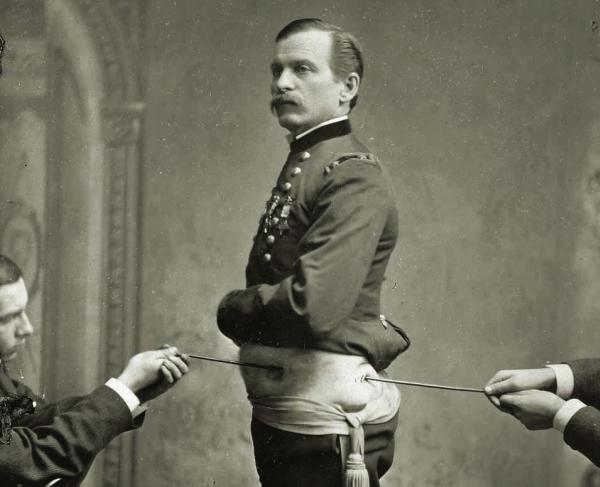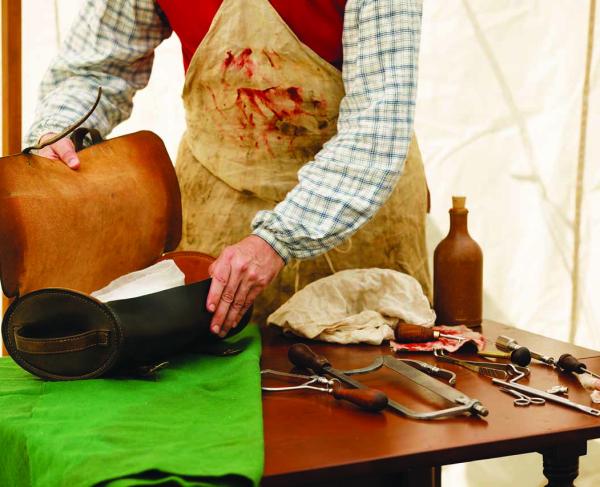New Market Heights

The Battle of New Market Heights
Chaffin's Farm
During the night of September 28-29, Maj. Gen. Benjamin Butler’s Army of the James crossed James River to assault the Richmond defenses north of the river. The columns attacked at dawn. After initial Union successes at New Market Heights and Fort Harrison, the Confederates rallied and contained the breakthrough. Lee reinforced his lines north of the James and, on September 30, he counterattacked unsuccessfully. The Federals entrenched, and the Confederates erected a new line of works cutting off the captured forts. Union general Burnham was killed. As Grant anticipated, Lee shifted troops to meet the threat against Richmond, weakening his lines at Petersburg. Out of all the major engagements at Petersburg, New Market Heights stands out for two notable reasons. The first is that it was one of the few major battles where African-Americans, as part of the United States Colored Troops, took an active role. The 4th and 6th Regiments USCT in particular saw particularly bloody action, suffering over 300 casualties between them both in a failed assault against the entrenched Confederates. Other African-American regiments, the 5th, 36th, and 38th, were more successful, but again, only after horrendous casualties. The other fact was the number of soldiers who received the Medal of Honor for their deeds in this battle. Some fourteen of the 20 veterans who received the Medal following the war for their conduct at New Market Heights, served in the USCTs. The most notable of all these recipients was Sgt. Major Christian Fleetwood of the 4th Regiment USCT, who, while under heavy fire, rescued his regiment's flag from capture after its bearer had been shot down. The strategic victory for the Union was relatively minor as part of the ongoing Siege of Petersburg, but the propaganda victory for the United States Colored Troops was immense, which helped legitimize President Abraham Lincoln's decision to allow African-Americans to join the Union Army. Many white officers actually petitioned for Sgt. Major Fleetwood to receive an officer's commission after the battle, this request was unfortunately ignored. As black newspaper correspondent Thomas Morris Chester wrote of the battle, the USCT had "covered itself in glory" for their heroism.


